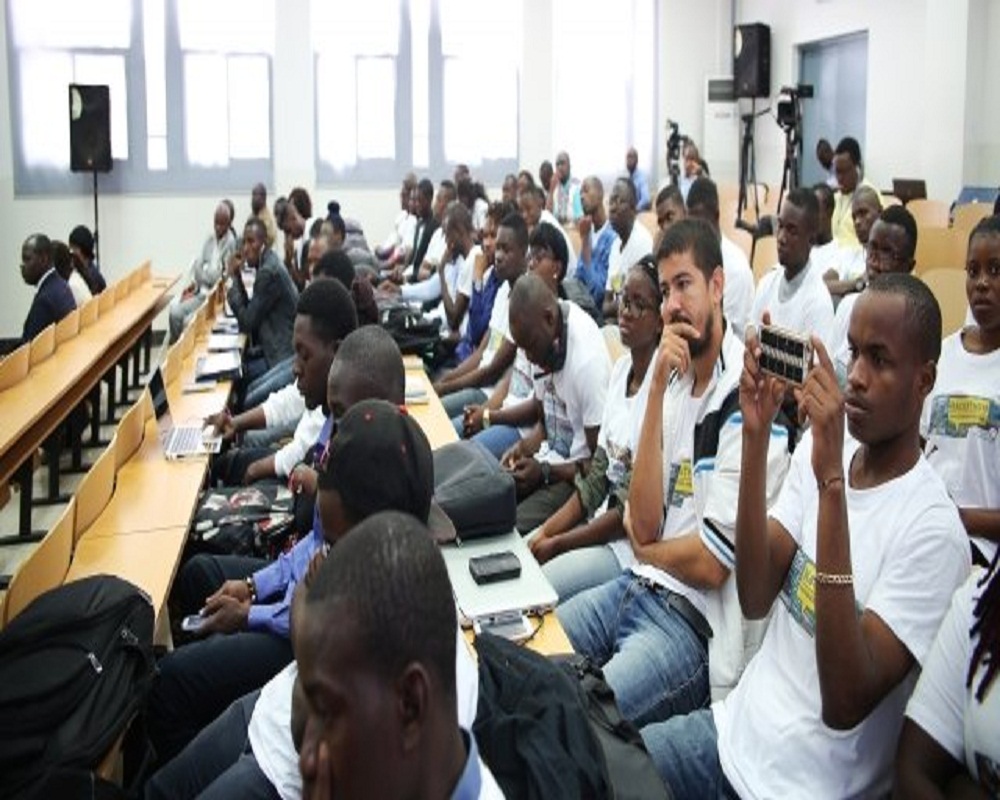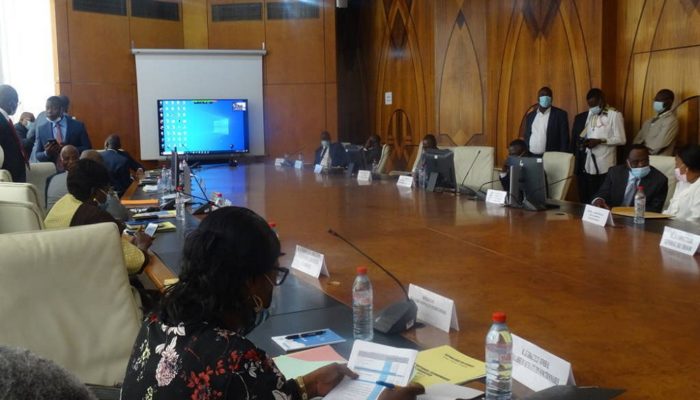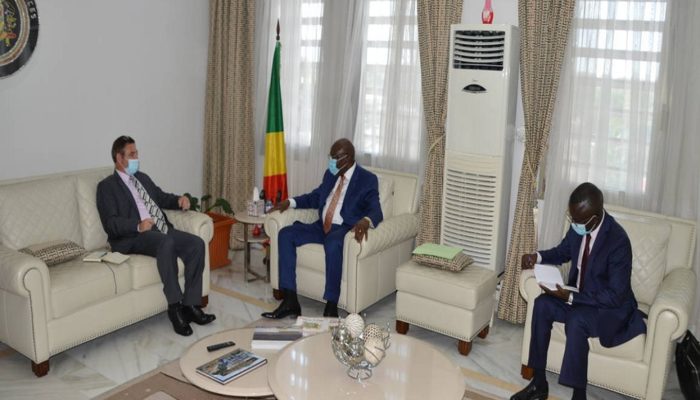n its new report on the economic outlook for Central Africa, released on July 16, the African Development Bank (AfDB) emphasized human capital as the basis for development. The exchanges around these reports allowed to floor on the progress made by the Congo in the field of training and innovation.
The publication of the 2020 edition of the AfDB report comes in the context of a coronavirus-related health crisis that has severely affected the efforts of African countries. “Human capital, employment and skills development in Central Africa” is the theme of this report which aims to be a decision-making aid tool for decision-makers in the sub-region, emphasizing the training, innovation and growth.

AfDB Interim Director General for Central Africa, Solomane Koné, Findings of 2020 Report Provide Policymakers with Economic Review, State of Human Capital and Jobs , as well as the opportunities to explore. “It is a question of investing in the technical training and the recruitment of quality teachers …”, he said, during the videoconference exchanges.
The Minister of Posts, Telecommunications and the Digital Economy, Léon Juste Ibombo, and his colleague in charge of Planning, Ingrid Olga Ghislaine Ebouka-Babackas, underlined the crucial role of technology and innovation in this development process so much sought after. “This technology-innovation package will play an essential role in the achievement of many Sustainable Development Goals (SDGs) and in the implementation of the means to achieve them,” said Léon Juste Ibombo.
The Pan-African financial institution supports the Congo in the construction of digital infrastructure, in particular fiber optic links to link the country, Cameroon and the Central African Republic, including the construction of a data center to host the country’s data. According to the Minister of Telecoms, the Congo will thus be able to have redundancies in optical fiber at low cost of electronic communications for users, as well as the tools necessary for its digital sovereignty.
Note that the presentation of the AfDB Africa report was followed by decentralized national meetings. The talks were chaired by the AfDB’s Acting Director General for Central Africa. As for the presentation of the report, it was provided by Emmanuel Pinto Moreira, director of country economies, assisted by Hervé Lohoues, chief economist for the region.





